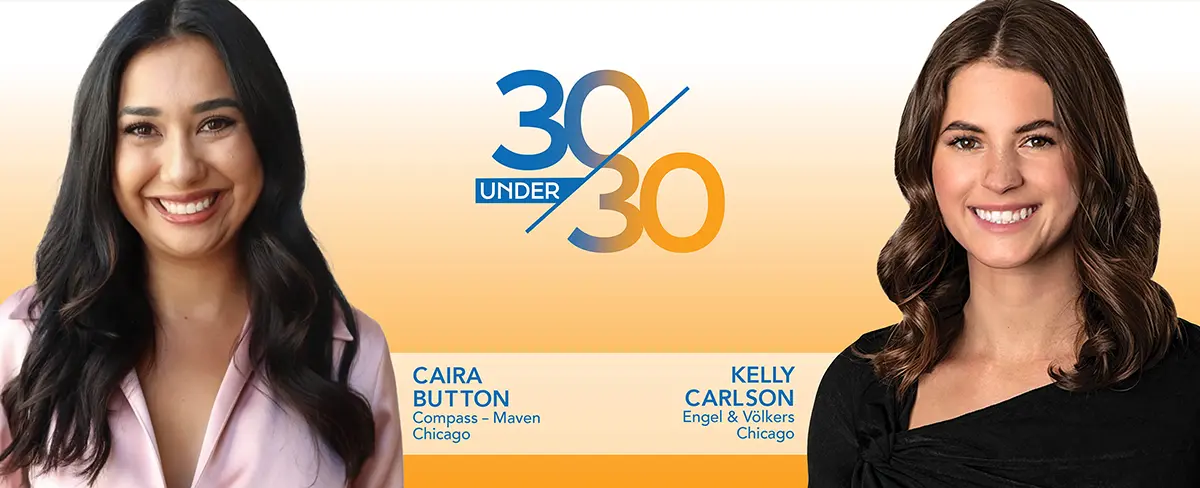Written by Victoria Munson
Reading Time: 4 min
It has been a busy summer on the Illinois REALTORS® Legal Hotline and two topics have come up that might be of interest to all of our members: how soon should earnest money be returned to potential buyers after a contract is cancelled and can buyer’s agents advertise that a property has been sold?
Q:
I represent a buyer and the purchase contract has been cancelled during the attorney approval period. Both the buyer and seller have signed a mutual cancellation form directing that the earnest money be returned to the buyer. How long must the buyer wait to get their earnest money back?
If a sponsoring broker (typically this may be the listing broker’s office) is holding the buyer’s earnest money in their escrow account, the disbursement of the earnest money is controlled by Section 1450.750 of the Administrative Rules to the Real Estate License Act. Section 1450.750 (g) states as follows:
g) Disbursement of Escrow Moneys. Once the payor’s depository has honored the deposit of escrow funds, the sponsoring broker shall disburse escrow moneys according to the following requirements, as set forth in Section 20-20(a)(17) of the Act:
1) The sponsoring broker must disburse escrow moneys upon consummation or termination of the transaction. The actual terms of the contract regarding the release of the escrow moneys shall be adhered to by the sponsoring broker holding these escrow moneys. The disbursement must be according to the terms of the contract and must be:
A) Made not later than the next business day following the sponsoring broker’s receipt of notice of the consummation or termination of the transaction or
B) Otherwise disbursed in accordance with the written direction of all principals to the transaction or their duly authorized agents.
The contract should be reviewed to confirm any additional directions regarding return of the earnest money. As noted above, the earnest money should be returned no later than the next business day from when the sponsoring broker has received the cancellation notice. The written direction of the parties to the contract (buyer or seller, or their duly authorized agents) should be followed concerning the return of the earnest money. If there appears to be some “stalling” in the return of the buyer’s earnest money, the buyer should be directed to their own attorney to address the matter. It should also be noted that Section 1450.750 (g) (4) states that “A sponsoring broker shall not withhold, for any period of time, an authorized disbursement of escrow moneys due to any claim for a commission or compensation to any licensee.”
NOTE: Please keep in mind that this discussion pertains to situations where there is no dispute over which party is to receive the earnest money: the seller has agreed to return the earnest money to the buyer and the seller is not alleging a breach of contract by the buyer that may allow the seller to retain said earnest money.
Q:
May I advertise that I sold a property even though I represented the buyer in the transaction?
Yes. Under the Code of Ethics Article 12, Standard of Practice 12-7, a buyer’s agent, or cooperating broker, can advertise about the sale of the property:
“Only REALTORS® who participated in the transaction as the listing broker or cooperating broker (selling broker) may claim to have “sold” the property. Prior to closing, a cooperating broker may post a “sold” sign only with the consent of the listing broker.” *
It may be beneficial to mention in your advertisement that you were the buyer’s agent in the transaction so that your role is clear to the consumer.
If you wish to use a photograph from the listing in your advertisement, you will need to get permission from the party that has the rights to that photograph. That is typically the listing agent but could be the seller/prior homeowner or photographer that provided the content.
* This provision comes from the REALTOR® Code of Ethics, and when followed could be used to support your position that this representation is not misleading in any way, so it is therefore compliant with the Illinois Real Estate License Act and the administrative rules under that Act.
About the writer: Victoria Munson is the Illinois REALTORS® Legal Hotline Attorney.







